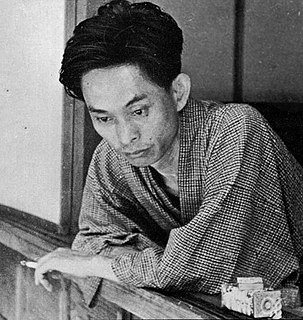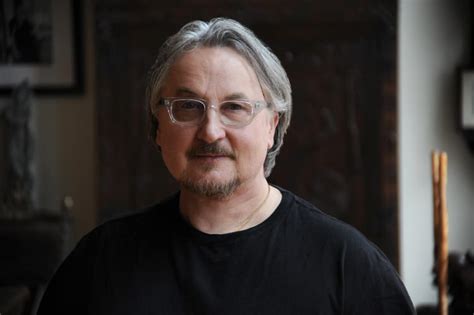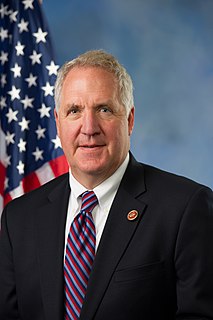A Quote by Leo Varadkar
The idea that you could send agricultural products to Tokyo and Osaka and not pay tariffs, and you would have to pay tariffs sending them to Manchester, is quite hard to fathom in the modern world.
Related Quotes
Tariffs are in the end taxes. And somebody has to pay that tax. I think one thing people are forgetting is that trade disputes are two-sided. When the United States imposes tariffs on a partner like Canada, there is always a possibility that Canada will say that's not fair and retaliate. And at that point, you have to ask the question, - which U.S. industry will suffer because the Canadians retaliated against it?
What [Donald] has put up for question is this idea of tariffs. Initially, he said if China won't stop taking advantage of us and manipulating their currency, then I will put tariffs in place. That spooked everybody because if you charge China a fee and an extra tariff for anything they bring into the United States, what's going to happen is that companies carrying those goods are going to raise prices. It's going to be expensive for people. People got scared of that, but then he walked that [idea] back. I don't think anybody is expecting heavy tariffs on anything.
When China got into the WTO, that allowed it to sell into any other country within the WTO - not just the United States - at the lowest tariffs that country offered. And the other countries could sell into China at the lowest tariffs that China offered. The problem, right off the bat, was that China had much higher tariffs than everywhere else, so the U.S. and Europe in particular got the short end of that stick.
Availability of the best also is limited in our culture. And it's also extremely expensive. It's ridiculous. A kilogram of rose oil costs me very much. By the time it is shipped here and we pay tariffs, how much more do I have to charge the consumer? And then who could afford to buy it? That is why people sell synthetic rose and end up poisoning themselves. It shouldn't be that way.
One thinks that one is winning when we slap tariffs or introduce barriers to imports from another country, and we think we win. But you lose when you export because the other countries are going to raise tariffs as well. They're going to introduce barriers as well. So you win with one hand and you lose with the other.


































